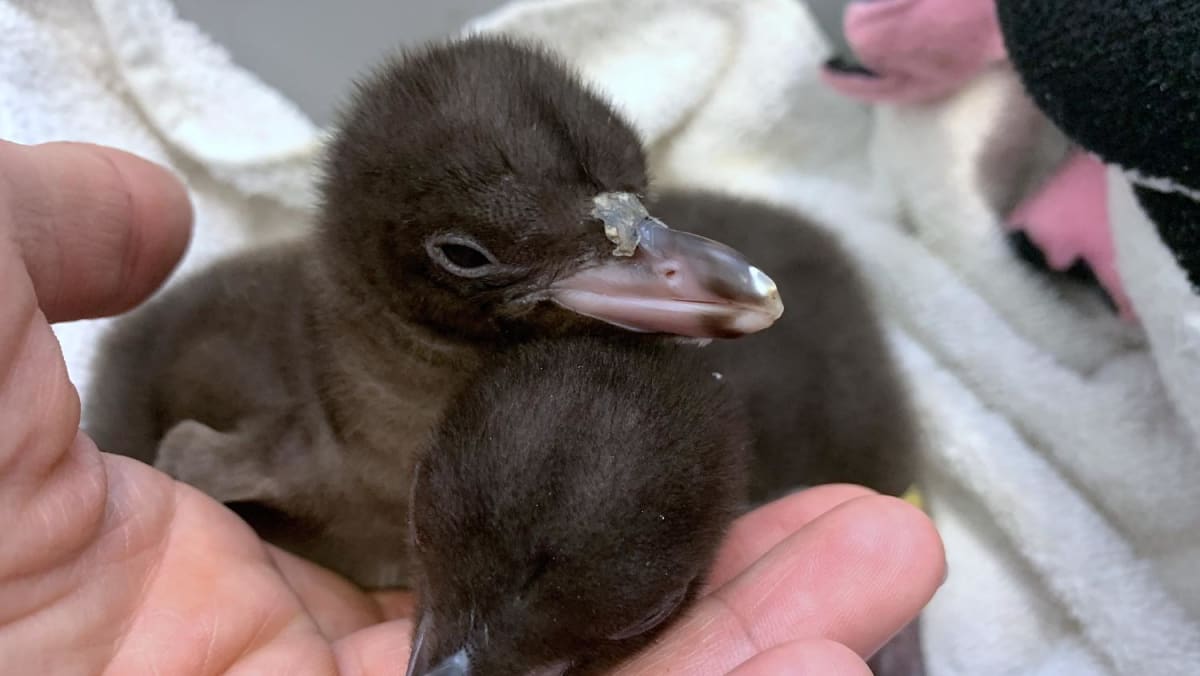WELLINGTON — A mystery illness is decimating the chicks of New Zealand’s endangered yellow-eyed penguins, and scientists say they may have found the cause.
‘INSANE OPERATION’
“There’s two diseases we have been investigating and we have found two viruses which we think are likely responsible,” said Prof Geoghegan, a professor at Otago University.
The team had identified a novel gyrovirus and a novel megrivirus, she said.
Between them, the diseases are thought to have killed around 25 percent of yellow-eyed penguin chicks — roughly 50 each year — in recent breeding seasons, Prof Geoghegan said.
“We’ve identified what we think may be the cause and then there’s a lot of research needed to potentially work out whether we can prevent or treat the disease,” she said.
For now, chicks younger than five days are being taken from their nests to Dunedin Wildlife Hospital, where they can be reared away from the risk of infection.
In 2022, the animal hospital was able to return 90 per cent of the chicks to their nests, Dr Argilla said.
“Around 142 chicks were given a second chance,” she said.
“If they’d been left in the nest, most of them likely would have succumbed to either disease and died.”
The hospital director said it was an “insane operation” to hand-rear dozens of chicks with up to 10 people rostered each day to help with the five daily feeds.
Vets, nurses, zoo keepers and conservation rangers from all over New Zealand came to help, Dr Argilla said.
The flightless birds live in two colonies: A mainland population centred on the southeast of the South Island, and a larger group on New Zealand’s remote outer Sub-Antarctic Islands.
Conservationists say the mainland colony’s population has declined 75 per cent since 2008, leaving only about 200 breeding pairs, which risk disappearing in two decades.
Predators — such as the long, thin barracouta fish in the ocean, or dogs, cats, ferrets and stoats on land — along with climate change and infectious diseases have taken a toll.
Dr Argilla said she was hopeful a vaccine would be found to help save the chicks.
“We are only an ambulance at the bottom of the hill doing our bit to save individual birds so that the population decline can hopefully slow down,” she said. AFP


